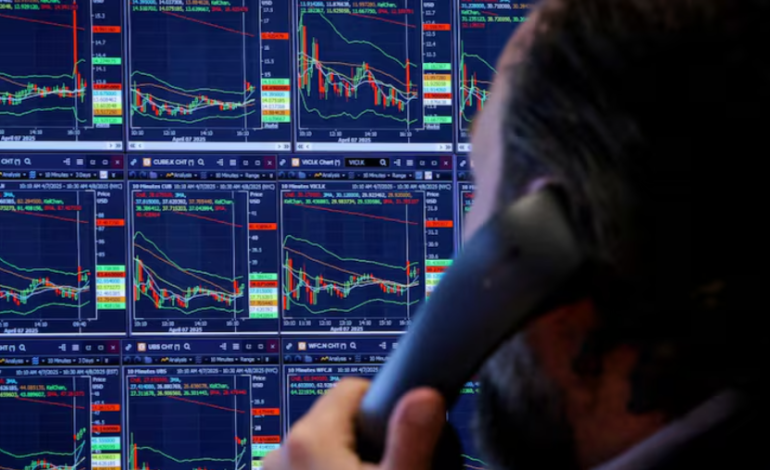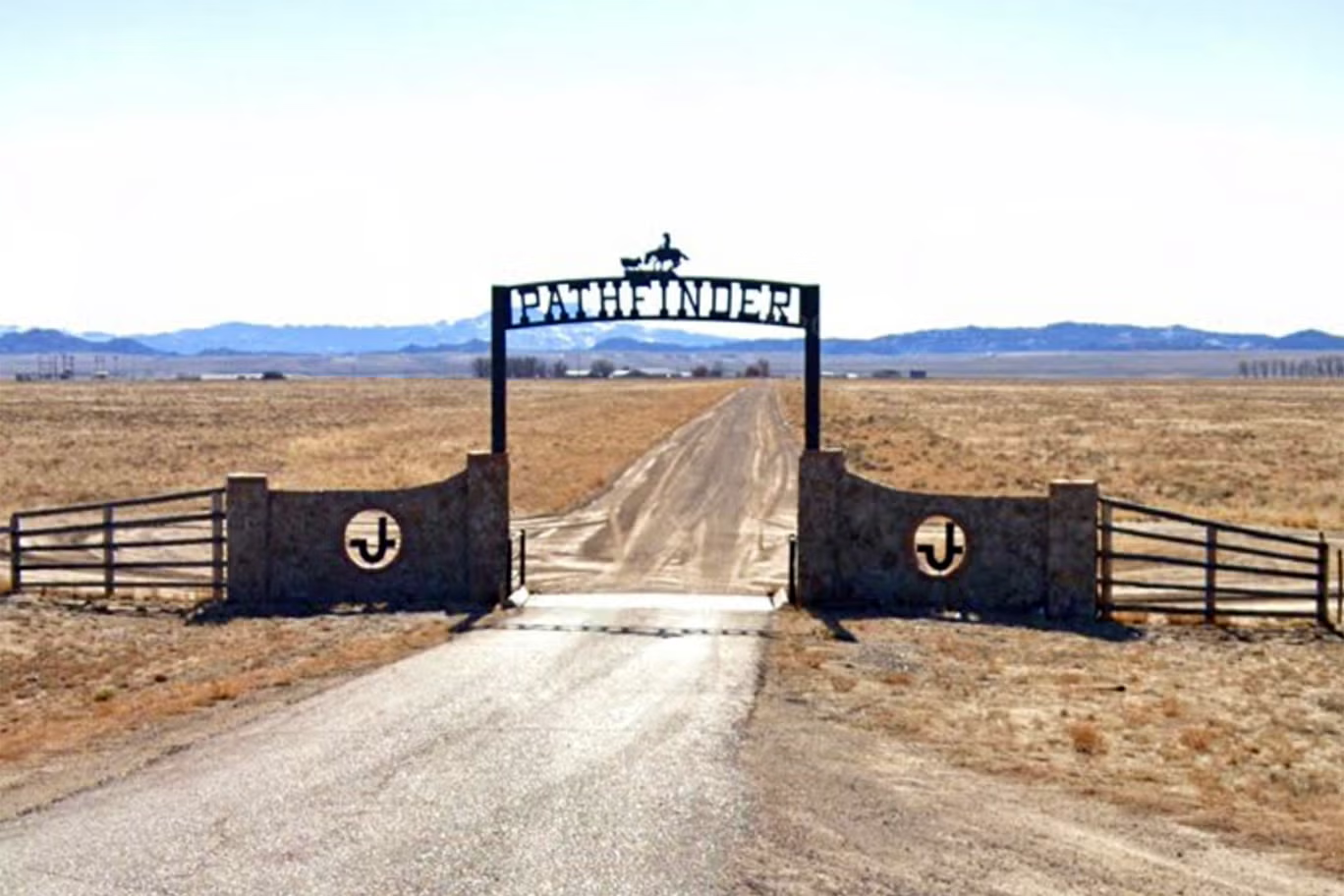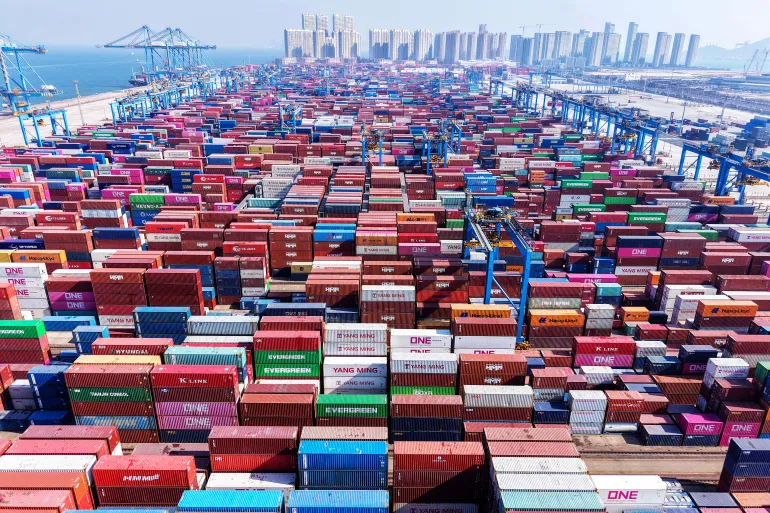Economists Warn of Impending Global Recession Amid Trade Tensions

The world economy may be on the brink of a downturn, with economists cautioning that a global recession could take hold within months unless the US government shifts its trade policy, CBC News reports.
The escalating tariff war between the United States and key trading partners—including China, Canada, and the European Union—is fueling concerns that economic contraction is inevitable.
Many economists now believe that a global economic slump is increasingly likely. Mark Zandi, chief economist at Moody’s Analytics, described the current scenario as “pretty dark” and warned that if US trade policies remain unchanged, the country—and by extension, the world—could enter a recession by the summer.
J.P. Morgan has raised its probability estimate for a global recession to 60%, up from 40% at the end of March. Moshe Lander, an economics lecturer at Concordia University, compared the situation to the post-1929 stock market crash when US tariffs led to retaliatory measures from other nations, worsening the Great Depression.
Economist Tu Nguyen from RSM Canada believes the global economy is already showing early signs of contraction.
“If the US does not change its policy stance on tariffs… we would expect a recession to be defined in the next six months,” Nguyen said. “I think it’s reasonable to say that we are entering one as we speak.”
The economic standoff between the US and China is a major driver of current uncertainty. The two largest economies in the world have been engaged in a back-and-forth tariff escalation, with the US recently imposing a 104% tariff on Chinese imports. Beijing responded with a 34% tariff on American goods, deepening concerns over supply chain disruptions and declining trade activity.
“If both countries keep raising their tariffs tit for tat, we’re going to end up with very little trade between the two countries,” Zandi explained. “The fallout from that is just going to be very difficult to overcome.”
Recessions do not impact all nations equally. Canada, for example, weathered the 2008 financial crisis relatively well compared to other economies. However, Canada and Mexico, which have deeply integrated economies with the US, are particularly vulnerable to any American downturn.
“The reality is, if the US slips into recession, Canada and Mexico will inevitably feel the worst of the impact,” said Andrew DiCapua, an economist at the Canadian Chamber of Commerce.
Already, economic indicators are showing stress. Canada saw a decline of 33,000 jobs in March amid tariff uncertainty, reversing previous job growth. Additionally, as global tariffs drive up prices, consumer spending is expected to slow, dampening demand and increasing the risk of job losses.
The impact of a global recession would be widespread. For the average American household, tariffs are expected to increase annual costs by approximately $2,100. Meanwhile, businesses reliant on international trade—particularly those in manufacturing and automotive industries—are already experiencing layoffs.
“The longer this goes on, the more layoffs will happen, the more factories will just shut down because they can’t operate under the new tariffs’ rules,” Nguyen warned.
Despite the grim outlook, some economists believe a global recession could still be averted—but only if the US government takes swift action. Experts argue that scaling back tariffs or eliminating them altogether would provide the necessary relief to stabilize global trade and restore confidence in financial markets.
“The off-ramp to avoid this has to come from the US,” Nguyen said. “The important thing to remember is that this is entirely self-induced… It’s not something that blindsided us like the COVID-19 pandemic, but it’s having an impact on the entire world.”









The latest news in your social feeds
Subscribe to our social media platforms to stay tuned